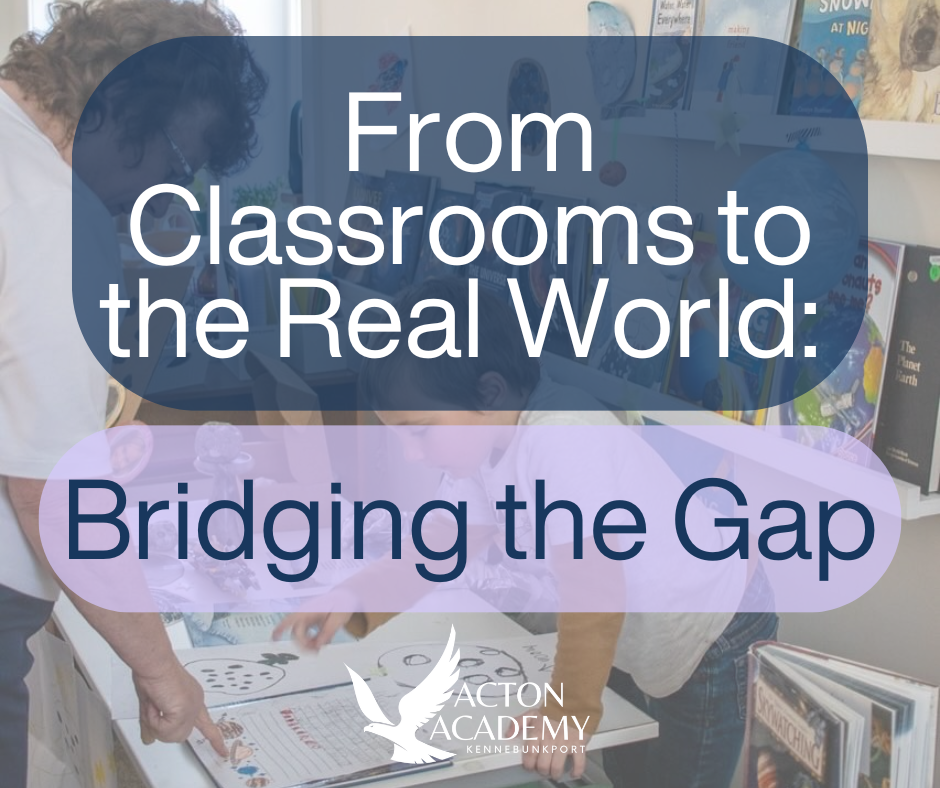“School gets you really good at school… but not necessarily at life.”
That one line says it all.
Most of us remember the rhythm of traditional education well—sit quietly, follow directions, memorize facts, and regurgitate them on a test. We learned how to play the game: study hard, get the grade, earn the accolades. And for many, that game led to college, maybe even a promising career path.
But somewhere along the line, reality hits.
You step into the workforce and realize that being good at school doesn’t automatically make you good at life. You face challenges that don’t come with clear instructions. You deal with people who don’t follow the rules. You have to think on your feet, make decisions with incomplete information, speak up, lead, fail, adapt, and try again.
And suddenly, it becomes clear: the game of school and the game of life are not the same.
Why Traditional Schooling Falls Short
The current educational model was designed during the Industrial Age to produce efficient, compliant workers. That model—the “conveyor belt” approach—is still the foundation of most classrooms today. It rewards memorization over innovation, obedience over initiative, and repetition over risk-taking.
It teaches students to be excellent test-takers, but rarely gives them the chance to develop the skills that matter most in the real world: communication, leadership, critical thinking, emotional intelligence, and self-direction.
Worse, it often discourages creativity and individuality in favor of uniformity and standardized outcomes. Kids graduate with impressive transcripts, but without knowing how to manage conflict, speak confidently, or build something from scratch.
This is the gap we must bridge.
The Real World Requires a Different Kind of Learning
At Acton Academy and Apogee, that bridge is already being built. Instead of replicating the school systems of the past, these programs are intentionally designed to reflect the complexity and opportunity of the real world.
Here’s how:
1. Socratic Discussions over Lectures
Rather than listening passively, students actively engage in deep conversations. They learn how to articulate their beliefs, consider opposing viewpoints, and defend their ideas with logic and evidence. It’s not about who’s right—it’s about learning how to think.
2. Entrepreneurship as a Core Tool
Every student starts a business. Not because they all need to be entrepreneurs, but because running a business teaches them initiative, resilience, budgeting, problem-solving, and how to create value for others. It’s a crash course in real-life learning.
3. Peer Accountability and Ownership
In these learning environments, students create contracts outlining their values and behavior expectations. They manage conflict among peers, set standards for one another, and take responsibility for upholding their community’s culture. This isn’t theoretical—it’s leadership in action.
4. Life Readiness, Not Just College Prep
Whether it’s financial literacy, public speaking, project management, or hosting events, students at Acton and Apogee learn by doing. The goal is not just to prepare them for more schooling—it’s to prepare them to live well and lead well.
Preparing Kids for Life, Not Just the Next Test
This isn’t education as usual—and that’s the point.
Education should be more than a means to an academic end. It should be the foundation for a meaningful, empowered life. It should equip young people to solve real problems, connect deeply with others, and pursue their unique path with courage and clarity.
At Acton Academy and Apogee, students aren’t just learning about the world. They’re participating in it—and becoming the kind of people who will shape it.
So the question becomes:
Are we preparing kids for the next test, or for the rest of their lives?
If you’re ready to explore what real-world learning looks like in action, we invite you to take the next step.
Download the Info Kit
Discover how Acton Kennebunkport is transforming education and helping young people thrive in life—not just in school.
